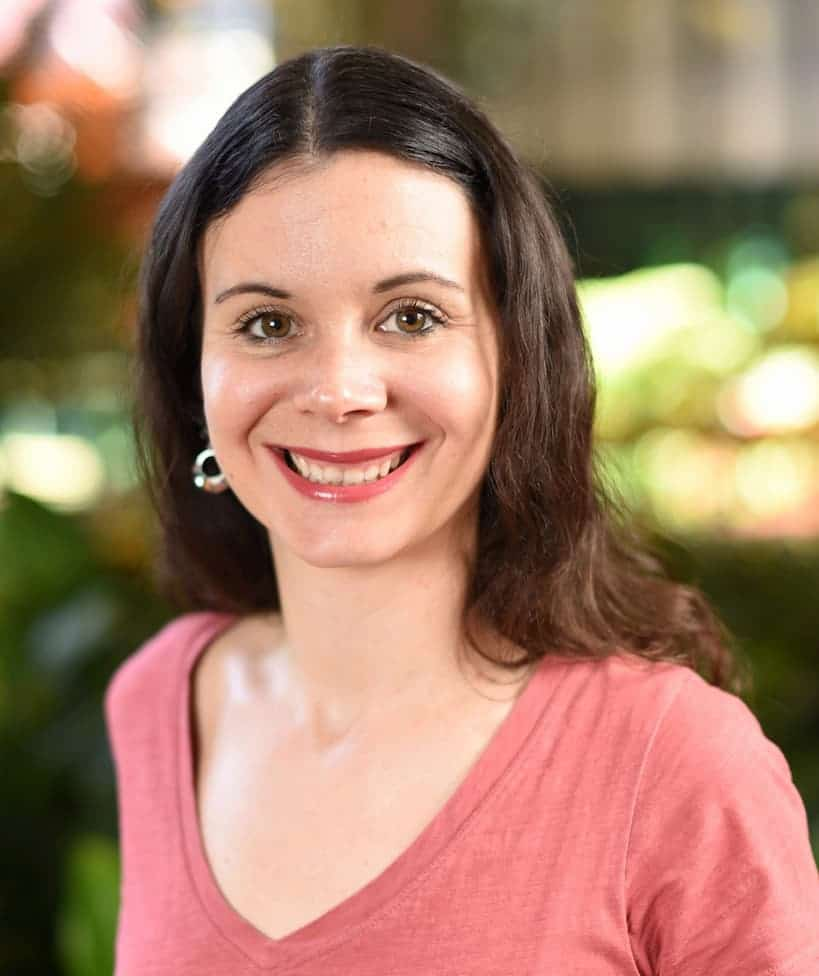Can we prevent relapse in children with leukaemia by using natural killer cells found in umbilical cord blood?
Dr Camille Guillerey, Mater Research, UQ
Blood cancers are the most diagnosed childhood cancer in children up to 14 years.
Acute myeloid leukaemia (AML) is a blood cancer characterised by uncontrolled expansion of immature immune cells in the bone marrow. Every year, around 50 children and teenagers are diagnosed with AML in Australia.
A stem cell transplant offers a possibility of cure for children with AML but unfortunately cancer returns in around 40% of these children.
Children whose cancer has relapsed after a stem cell transplant have a poor prognosis with limited therapeutic options. Sadly around 15 children and teenagers lose their life to AML each year.
Dr Camille Guillerey is asking the question: What if we could use natural killer cells from umbilical cord blood to treat children who relapse with leukaemia?
With limited therapeutic options for children who relapse, Camille will investigate the potential of “Natural Killer (NK) cells”, a type of immune cells able to kill leukaemia cancer cells. The project will develop a new method to expand NK cells from umbilical cord blood and test their ability to protect against paediatric leukaemia.
Dr Camille Guillerey is a Senior Research Fellow in the Cancer Immunotherapies laboratory at Mater Research. She leads a small team of 3 researchers and students.
Dr Guillerey completed her PhD in Immunology at the Pasteur Institute of Paris, France. In 2014, she moved to Australia to study Cancer Immunonology at QIMR Berghofer Medical Research Institute. Dr Guillerey joined Kristen Radford’s laboratory at Mater Research in late 2018 to establish an independent research program investigating immune responses to hematological cancers.
Last updated on January 30th, 2023
Developed by the Leukaemia Foundation in consultation with people living with a blood cancer, Leukaemia Foundation support staff, haematology nursing staff and/or Australian clinical haematologists. This content is provided for information purposes only and we urge you to always seek advice from a registered health care professional for diagnosis, treatment and answers to your medical questions, including the suitability of a particular therapy, service, product or treatment in your circumstances. The Leukaemia Foundation shall not bear any liability for any person relying on the materials contained on this website.